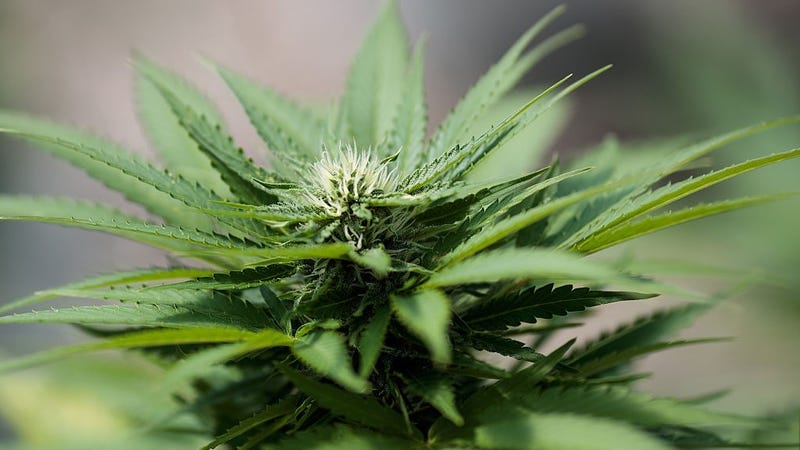
Mississippi became the 37th state to legalize the medical use of marijuana on Wednesday, as Governor Tate Reeves signed legislation to allow usage for residents with severe, debilitating conditions such as cancer, AIDS, and Alzheimer's disease.
It may be months before the first medical marijuana dispensaries open, but when they do, patients will be allowed to obtain up to 3 ounces per month, or 3.5 grams per day, under the new law.
Gov. Reeves said the final version of the bill was passed last week by the Republican-controlled legislature was designed to slow down recreational marijuana use by residents.
He said the limit allowed would result in "hundreds of millions of fewer joints on the streets." The new law became effective immediately.
Patients must be diagnosed by a licensed healthcare professional with whom they have a legitimate relationship with, and must have any of the two dozen qualifying conditions in order to receive a prescription for medical marijuana. An in-person office visit is required by the bill to obtain the prescription.
Other conditions include Parkinson's disease, Huntington's disease, muscular dystrophy, autism, post-traumatic stress disorder and severe injury.
Medical marijuana can also be prescribed for "pain state in which the cause of the pain cannot be removed or otherwise treated ... and which no relief or cure of the cause of the pain is possible."
Only a physician can prescribe medical marijuana for young adults between the ages of 18 and 25, while parental consent is required for minors.
Gov. Reeves posted a statement to Twitter on the passing of the bill.
"There is no doubt that there are individuals in our state who could do significantly better if they had access to medically prescribed doses of cannabis," Reeves wrote. "There are also those who really want a recreational marijuana program that could lead to more people smoking and less people working, with all the societal and family ills that that brings."
Mississippi voters overwhelmingly approved a ballot measure to establish a medical cannabis program in November 2020. However, it was later invalidated when the state Supreme Court struck down the state's entire ballot initiative process.
"For all the people who are touched in some way by a loved one or someone they know who benefits from medical cannabis, this brings their quality of life back," Ken Newburger, executive director the Mississippi Medical Marijuana Association, said.


